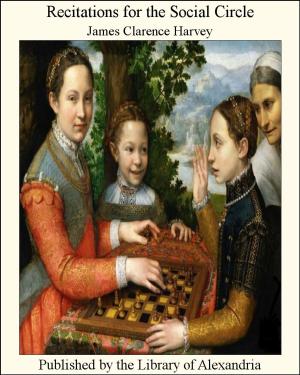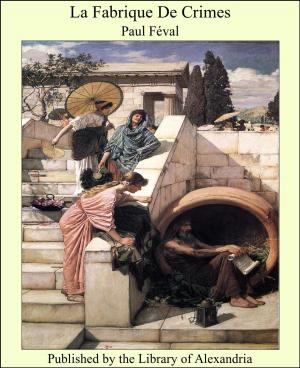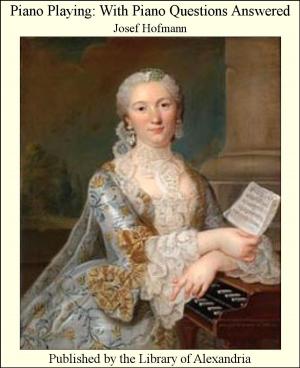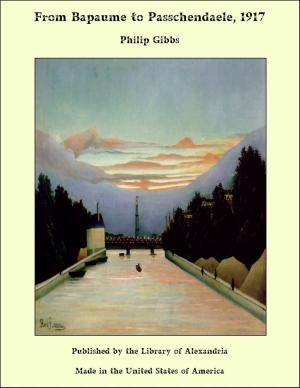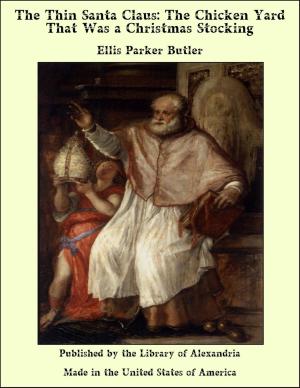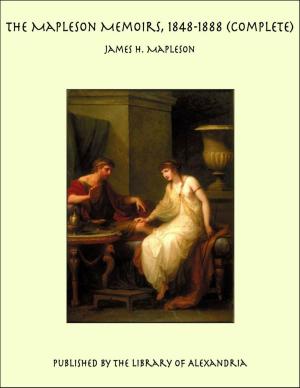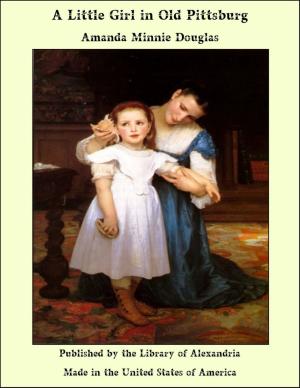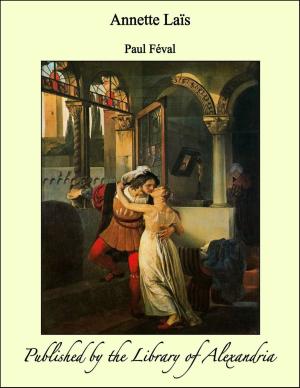| Author: | Georg Simmel | ISBN: | 9781465513939 |
| Publisher: | Library of Alexandria | Publication: | March 8, 2015 |
| Imprint: | Language: | German |
| Author: | Georg Simmel |
| ISBN: | 9781465513939 |
| Publisher: | Library of Alexandria |
| Publication: | March 8, 2015 |
| Imprint: | |
| Language: | German |
The Bayonet-Poker As I sit by my Christmas fire I now and then give it a poke with a bayonet. It is an old-fashioned British bayonet which has seen worse days. I picked it up in a little shop in Birmingham for two shillings. I was attracted to it as I am to all reformed characters. The hardened old sinner, having had enough of war, was a candidate for a peaceful position. I was glad to have a hand in his reformation. To transform a sword into a pruning hook is a matter for a skilled smith, but to change a bayonet into a poker is within the capacity of the least mechanical. All that is needed is to cause the bayonet to forsake the murderous rifle barrel and cleave to a short wooden handle. Henceforth its function is not to thrust itself into the vitals of men, but to encourage combustion on winter nights. The bayonet-poker fits into the philosophy of Christmas, at least into the way I find it easy to philosophize. It seems a better symbol of what is happening than the harps of gold and the Other beautiful things of which the hymn-writers sing, but which ordinary people have never seen. The golden harps were made for no Other purpose than to produce celestial harmony. They suggest a scene in which peace and good-will come magically and reign undisturbed. Everything is exquisitely fitted for high uses. It is not so with the bayonet that was, and the poker that is. For it peace and good-will are afterthoughts. They are not even remotely suggested in its original constitution. And yet, for all that, it serves excellently as an instrument of domestic felicity. The difficulty with the Christmas message is not in getting itself proclaimed, but in getting itself believed; that is, in any practicable fashion. Every one recognizes the eminent desirability of establishing more amicable relations between the members of the human family. But is this amiable desire likely to be fulfilled in this inherently bellicose world
The Bayonet-Poker As I sit by my Christmas fire I now and then give it a poke with a bayonet. It is an old-fashioned British bayonet which has seen worse days. I picked it up in a little shop in Birmingham for two shillings. I was attracted to it as I am to all reformed characters. The hardened old sinner, having had enough of war, was a candidate for a peaceful position. I was glad to have a hand in his reformation. To transform a sword into a pruning hook is a matter for a skilled smith, but to change a bayonet into a poker is within the capacity of the least mechanical. All that is needed is to cause the bayonet to forsake the murderous rifle barrel and cleave to a short wooden handle. Henceforth its function is not to thrust itself into the vitals of men, but to encourage combustion on winter nights. The bayonet-poker fits into the philosophy of Christmas, at least into the way I find it easy to philosophize. It seems a better symbol of what is happening than the harps of gold and the Other beautiful things of which the hymn-writers sing, but which ordinary people have never seen. The golden harps were made for no Other purpose than to produce celestial harmony. They suggest a scene in which peace and good-will come magically and reign undisturbed. Everything is exquisitely fitted for high uses. It is not so with the bayonet that was, and the poker that is. For it peace and good-will are afterthoughts. They are not even remotely suggested in its original constitution. And yet, for all that, it serves excellently as an instrument of domestic felicity. The difficulty with the Christmas message is not in getting itself proclaimed, but in getting itself believed; that is, in any practicable fashion. Every one recognizes the eminent desirability of establishing more amicable relations between the members of the human family. But is this amiable desire likely to be fulfilled in this inherently bellicose world



